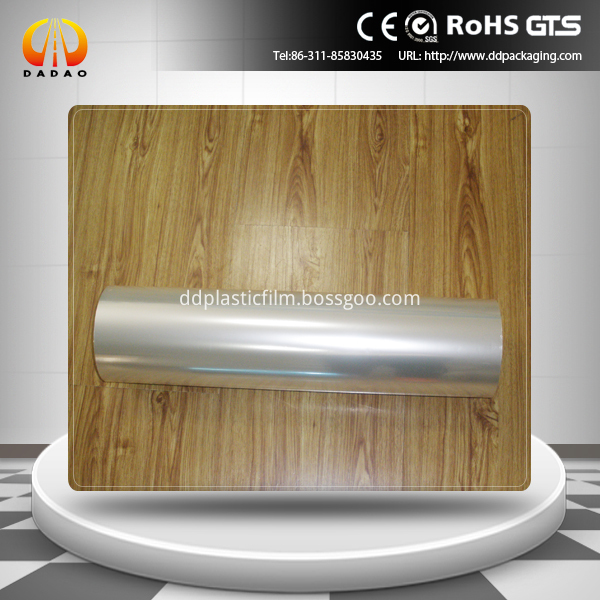In the post-press processing, these small work assistants have different names, such as cutting marks, cutting marks, cutting marks, etc. They are very important tools for ensuring high quality post-press processing. There are four main functions of the crop marks. (Crop logo) The cutting mark determines the cutting position. The operator must follow the operating rules of the paper cutter. The crop marks should not extend to the position of the printed image. They may be instructions before the final cut (miscut). This sounds more complicated than it really is. For example, if a sample is to be stapled on a saddle stitcher, the final cut will also be done on this machine. Before this step, the operator also needs to divide the paper into several piles in order to prepare for folding processing. At this time, two side-by-side cutting marks are needed. One mark helps to separate the paper, and the other is the final cut mark. Check the cutting process and clamping pressure During the work of the paper cutter, the operator needs to check the material to be cut and the clamping pressure. The process of inspecting the printed image for cutting bleeding is relatively simple. As shown in the figure, the cutting is skewed, which may be related to the uneven stacking of printed samples. We will introduce to you one by one the various reasons for the above situation in the operation guide series. When the cutting position is relatively close to the printed image, the operator can review with the help of the cutting mark. (Crop logo) As shown in the illustration, the circular pattern was not cut and bleed. The operator missed a cutting mark on the left side of the top paper. Printed materials require increasingly precise cutting bleeding. The crop marks at the bottom are also ignored. This indicates that there is a slant during cutting, or that the material to be cut is not neat when placed. Preparation of material to be cut The operator can evaluate the quality of intrusion during cutting. If the individual papers are not arranged neatly, the operator can quickly detect and correct them. Paper deformation monitoring The application of crop marks can also monitor the deformation of the proofs, and the marks can quickly reflect the linear or irregular deformation. If the sample sheet is deformed linearly, the operator can measure the sample sheet by cutting the mark. If the deformation is irregular, the operator can use the crop marks to complete the necessary corrections.
Silicone Coated PET Film / Si Coated Pet Film
Name Silicone Coated Polyester Film/ Pet Releasing Film & pet release liners/Pet Releasing Liner
1.one side or both sides releasing
2. It can be suitable for releasing liner and adhesive tapes
Property
Test method
Units
Test value
Thickness
ASTM D374
um
36
Tensile strength
MD
ASTM D-882
Mpa
200
TD
160
Elongation at break
MD
ASTM D-882
%
120
TD
133
C.O.F(in/out)
-
-
0.61
Release (silicone weight)
one side
g
80
Heat Shrinkage
302°F(150℃)
30min
%
MD1.5/TD0.5
Glossy@45°
ASTM D2457
%
128
Haze
ASTM D1003
%
2.8
Total Luminous Transmission
ASTM D1003
%
90.0
Transparent Release Film,Silicon Pet Film,Pet Release Film,Pet Releasing Film,Pet Releasing Liner,Si Coated Pet Film Shijiazhuang dadao Packaging materials Co , https://www.ddplasticfilm.com
Material Polyethylene Terephthalate (PET) 100% virgin material
Thickness 23um~250um
Coating One or two sides coating/solvent free or solvent
Colors : Transparent, white, blue, yellow or as customer`s requirement
Base coating Silicone oil
Feature: Good-smoothness and evenly plain
Sample
Free samples are available
Application
Adhesive tape/Label and stickers/MLCC purpose/
electrical industrial products
Usage:
For surface protection during moving,
storage, installation etc
MOQ: 10000 square meter
Package: pallets or as customer`s requirement
